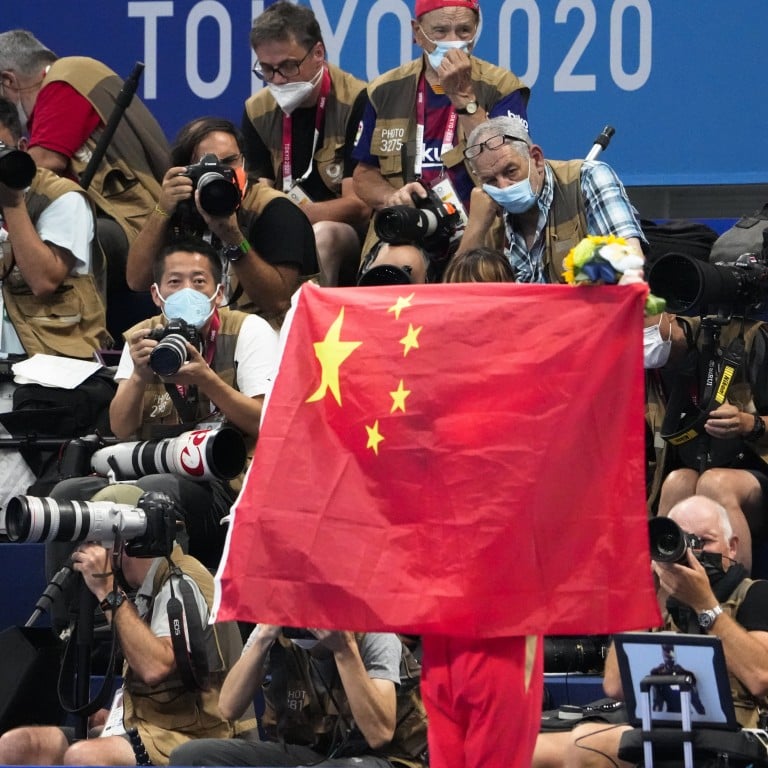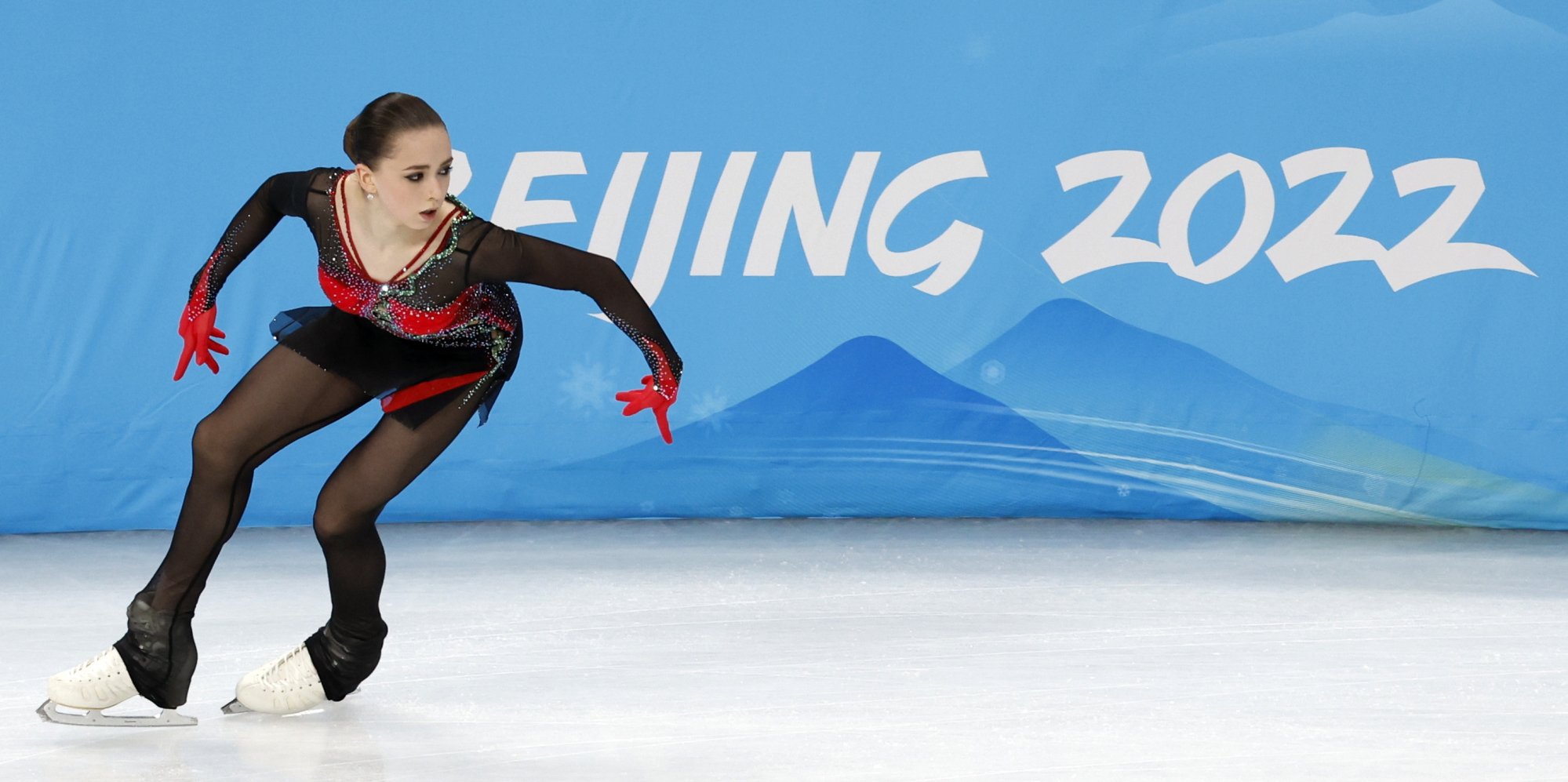
World doping chiefs confirm 23 Chinese swimmers tested positive for heart drug before Tokyo Games, accepted tests tainted
- Anti-doping body gave athletes permission to compete after accepting Chinese findings that tests had been contaminated
- Heart drug was same as one that Russian figure skater Kamila Valieva took before Beijing Winter Olympics
The World Anti-Doping Agency (Wada) confirmed reports on Saturday that 23 Chinese swimmers tested positive for a banned drug ahead of the 2020 Tokyo Olympics, but cleared them to compete after accepting the country’s findings it was because of substance contamination.
Multiple media reports said the swimmers tested positive for trimetazidine (TMZ), which is found in heart medication, months before the Covid-delayed Games began in the Japanese capital in July 2021.
TMZ is the same drug that Russian figure skater Kamila Valieva tested positive for before the Beijing Winter Olympics, she has since been banned for four years and her teammates stripped of their gold medals.
China’s anti-doping agency (Chinada), and the Chinese Swimming Association did not immediately respond to Reuters’ requests for comment.
Wada said it was notified in June 2021 of Chinada’s decision to accept that the swimmers returned adverse analytical findings (AAF) after inadvertently being exposed to the drug through contamination at a training camp.

The global anti-doping body, which has the authority to appeal the rulings of national doping agencies, said it reviewed the decision and consulted scientific experts and external legal counsel to test the contamination theory presented by Chinada.
“Wada ultimately concluded that it was not in a position to disprove the possibility that contamination was the source of TMZ and it was compatible with the analytical data in the file,” the global anti-doping body said in a statement.
“Wada also concluded that … the athletes would be held to have no fault or negligence. As such, and based on the advice of external counsel, WADA considered an appeal was not warranted.”
China’s 30-member swimming team won six medals at the Tokyo Games, including three golds.
Without mitigating circumstances, athletes who fail doping tests are usually subject to bans of two to four years for a first offence and life for a second.
World Aquatics, the sport’s global body formerly known as Fina, said it was confident the positive tests were handled “diligently and professionally.”
“With regard to the AAFs … they were carefully considered by the Fina Doping Control Review Board,” it added. “Materials relating to the source of the AAFs were subject to independent expert scrutiny retained by Fina.
“World Aquatics is confident that these AAFs were handled diligently and professionally, and in accordance with applicable anti-doping regulations, including the Wada Code.”
But the United States Anti-Doping Agency said the swimmers should have been suspended and publicly identified, calling Wada’s lack of action “a devastating stab in the back of clean athletes”.
The organisation’s chief executive Travis T. Tygart claimed he had provided Wada with allegations of doping in Chinese swimming multiple times since 2020.
China’s anti-doping authority was not immediately available for comment.
Chinese swimming has a chequered doping history, with a rash of cases throughout the 1990s. Seven Chinese swimmers tested positive for steroids at the 1994 Asian Games in Hiroshima.
In 1998, swimmer Yuan Yuan was banned after Australian customs officers discovered a large stash of human growth hormone in her bags at the World Championships in Perth.
More recently, three-time Olympic champion Sun Yang was banned for doping, ruling him out of the Tokyo Olympics.
